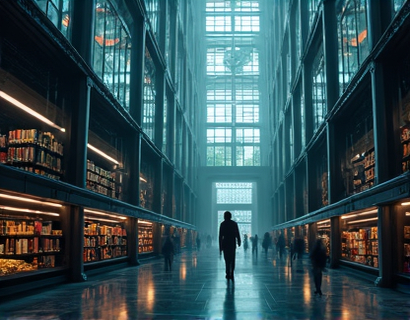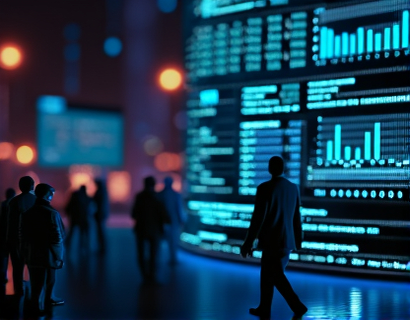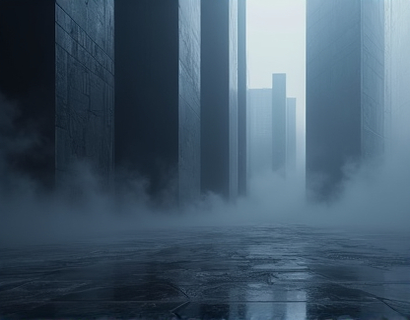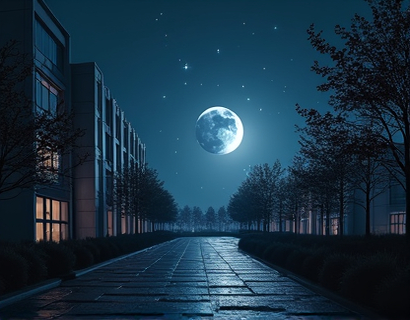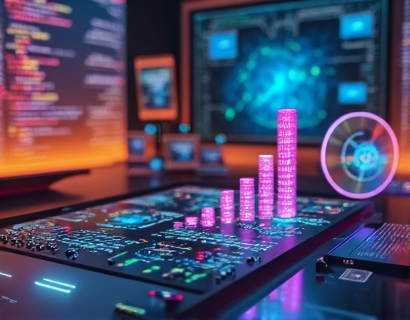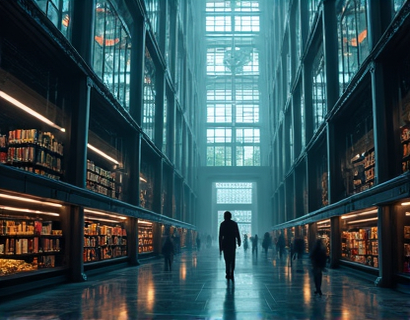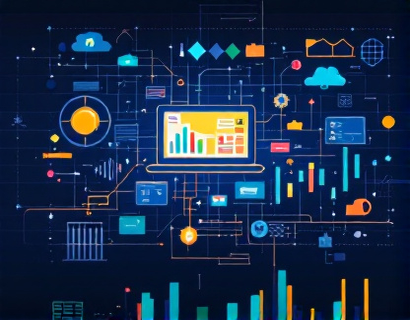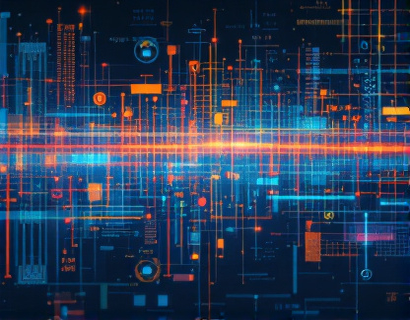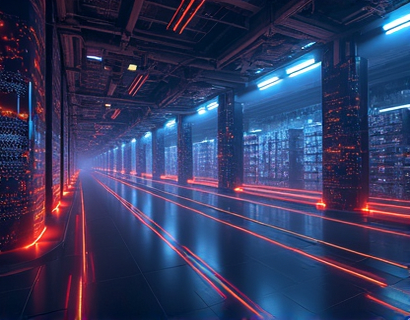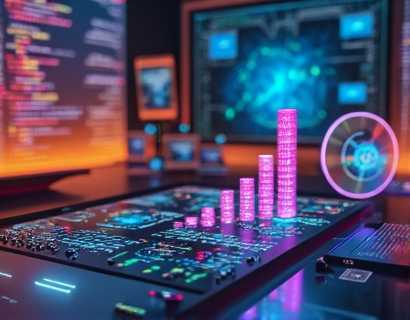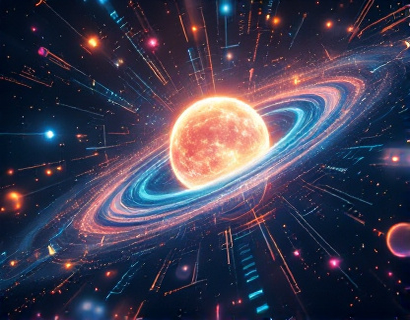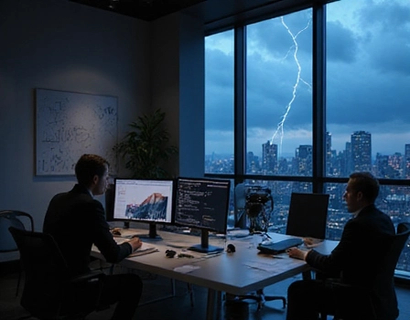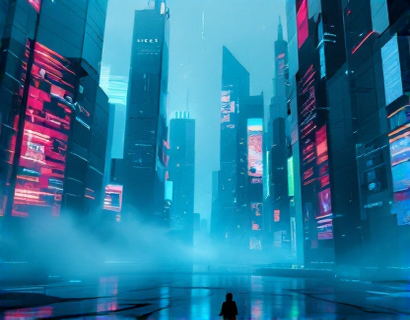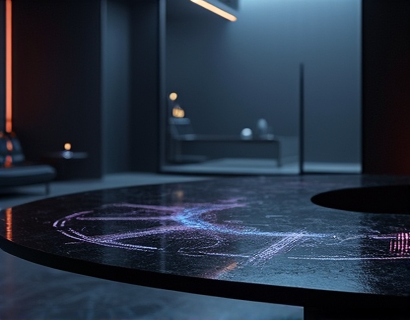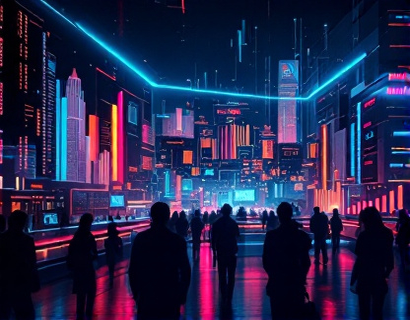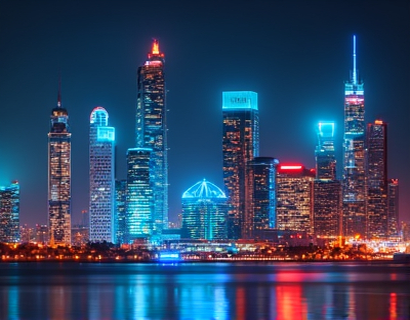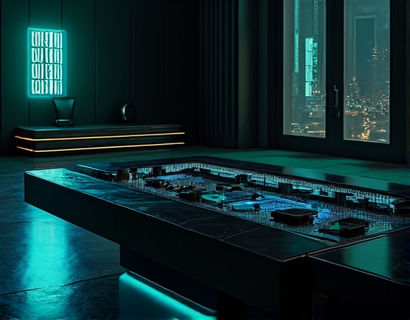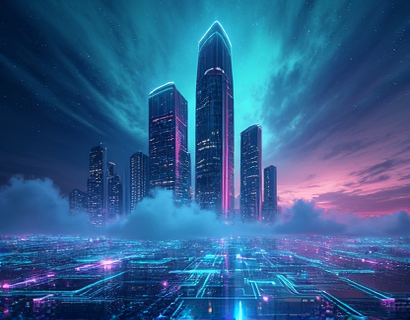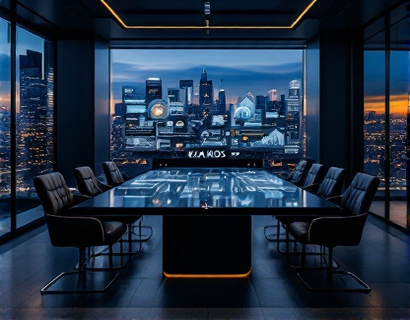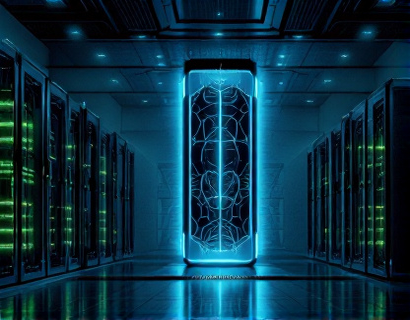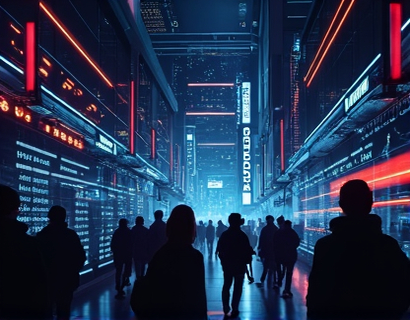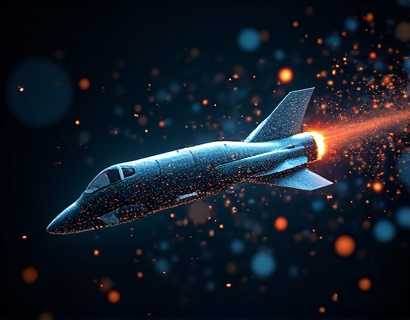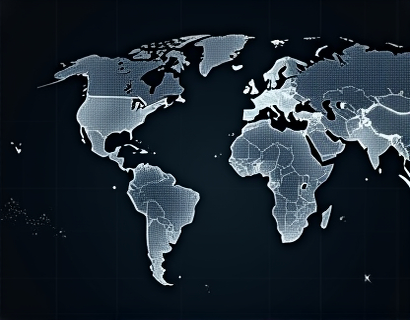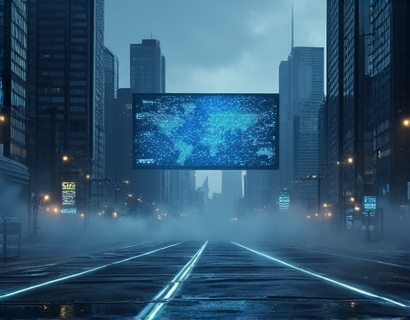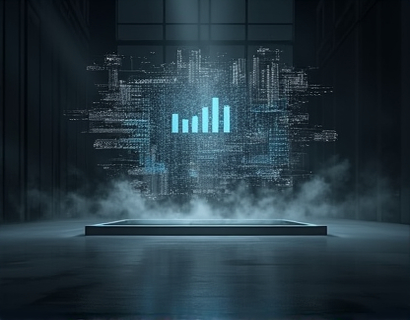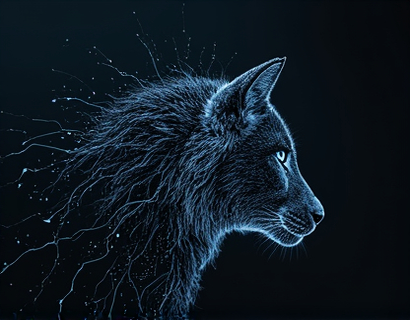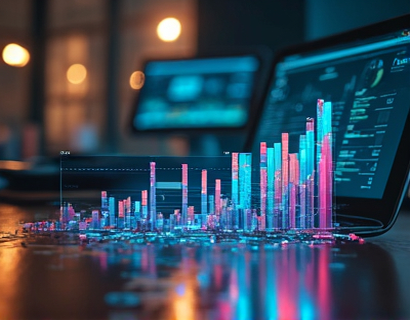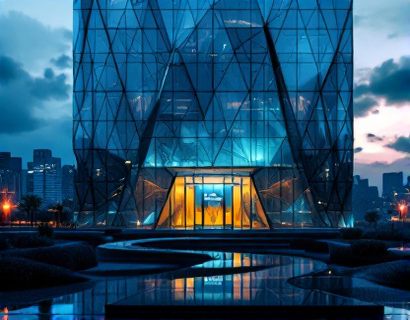AI-Powered Creativity Transformation: Revolutionizing Film, Music, and Gaming Production with Advanced Technology Solutions
The integration of Artificial Intelligence (AI) into the creative industries of film, music, and gaming is ushering in a new era of innovation and efficiency. This transformation is not merely an addition of technology but a fundamental shift in how creativity is conceived, developed, and delivered. AI is redefining the creative process, optimizing production workflows, and enabling professionals to push the boundaries of what is possible, setting new industry standards.
Enhancing Creativity with AI
In the realm of film, AI is revolutionizing the way stories are crafted and visualized. Scriptwriting assistance tools powered by AI can analyze successful scripts, identify key elements, and suggest plot developments, character arcs, and dialogue. These tools do not replace the human creative process but augment it, providing writers with valuable insights and ideas to enhance their narratives. For instance, AI can generate multiple script versions, each exploring different directions, allowing writers to choose the path that best aligns with their vision.
Similarly, in music production, AI algorithms can compose music, suggesting melodies, harmonies, and even entire tracks based on input parameters such as genre, mood, and tempo. These tools empower musicians to experiment with new sounds and styles, accelerating the creative process and opening up possibilities that were previously unimaginable. AI can also assist in sound design, helping to create unique textures and effects that enrich the auditory experience.
In gaming, AI-driven narrative tools can create dynamic and responsive storylines that adapt to player choices, ensuring a personalized experience for each gamer. These tools analyze player behavior and preferences, generating branching narratives that keep players engaged and immersed. AI can also aid in level design, optimizing challenges and rewards to maintain a balanced and exciting gameplay experience.
Optimizing Production Workflows
The production phase in film, music, and gaming is notoriously complex and time-consuming. AI is streamlining these processes by automating routine tasks, predicting potential issues, and optimizing resource allocation. In film production, AI can manage scheduling, coordinating cast and crew availability, and optimizing shoot schedules to minimize downtime and maximize efficiency. This not only saves time but also reduces costs, allowing production teams to focus on creative aspects rather than logistical challenges.
In music production, AI can automate mixing and mastering processes, ensuring consistent sound quality across tracks. These tools analyze audio files, adjusting levels, EQ, and compression to achieve professional results quickly. This capability is particularly beneficial for independent artists and small production houses that may lack the resources for extensive post-production work.
For gaming, AI can optimize asset management, automatically generating textures, models, and animations based on predefined parameters. This reduces the workload on artists and designers, allowing them to concentrate on high-level creative decisions. AI can also predict and prevent technical issues, such as performance bottlenecks, by analyzing game assets and suggesting optimizations.
Streamlining Project Management
Effective project management is crucial for the success of any creative endeavor. AI-powered project management tools offer unprecedented levels of insight and control. These tools can track progress in real-time, identifying bottlenecks and suggesting solutions to keep projects on schedule. For film productions, AI can monitor budget expenditures, ensuring that financial resources are used efficiently and effectively. It can also predict potential delays and recommend adjustments to mitigate risks.
In music production, AI-driven project management tools can oversee the entire workflow from concept to release. These tools can coordinate between different stakeholders, from producers and musicians to engineers and marketers, ensuring seamless communication and collaboration. By centralizing project data and automating routine tasks, these tools free up time for creative focus.
For gaming projects, AI can manage complex development pipelines, integrating data from various stages such as design, programming, and testing. AI can prioritize tasks based on dependencies and resource availability, optimizing the development process. It can also provide predictive analytics to forecast project outcomes, helping teams make informed decisions and adjustments along the way.
Setting New Industry Standards
The adoption of AI in film, music, and gaming is not just about improving existing processes but about setting new standards for quality and innovation. AI enables creators to explore uncharted territories, pushing the boundaries of storytelling, sound, and gameplay. In film, AI can generate visually stunning effects and realistic simulations that were once the domain of high-budget productions. This democratizes access to high-quality visual effects, allowing indie filmmakers to produce films that compete with blockbusters.
In music, AI-driven composition tools can create intricate and emotionally resonant pieces that challenge traditional notions of authorship and creativity. Musicians can collaborate with AI entities, blending human intuition with machine precision to produce groundbreaking works. This collaboration opens up new avenues for artistic expression and audience engagement.
In gaming, AI is enabling the creation of living, breathing worlds that evolve and respond to player actions. These dynamic environments offer endless replayability and personalization, setting a new benchmark for immersive experiences. Games that incorporate AI can adapt difficulty levels, story elements, and even game mechanics in real-time, ensuring that each playthrough is unique and engaging.
Challenges and Considerations
While the benefits of AI in creative industries are undeniable, there are challenges and considerations that must be addressed. One key issue is the potential for AI to overshadow human creativity, leading to a homogenization of content. It is essential to strike a balance where AI serves as a tool to enhance, rather than replace, human ingenuity. Creatives must remain at the helm, using AI to augment their skills and vision.
Another consideration is the ethical use of AI, particularly in terms of data privacy and intellectual property. Ensuring that AI systems are trained on diverse and representative datasets is crucial to avoid biases and promote inclusivity. Additionally, clear guidelines and regulations are needed to protect creators' rights and ensure fair compensation for AI-generated content.
Finally, the integration of AI requires a learning curve, and not all professionals may be equally comfortable adopting these technologies. Providing education and training resources is vital to help creatives harness the full potential of AI, fostering a culture of continuous learning and adaptation.
Conclusion
The integration of AI into film, music, and gaming production is transforming the creative landscape, offering unprecedented opportunities for innovation and efficiency. By enhancing creativity, optimizing workflows, and streamlining project management, AI is empowering professionals to achieve exceptional results and set new industry standards. As the technology continues to evolve, the potential for further transformation is immense, promising a future where the boundaries of creativity are constantly pushed and redefined.



